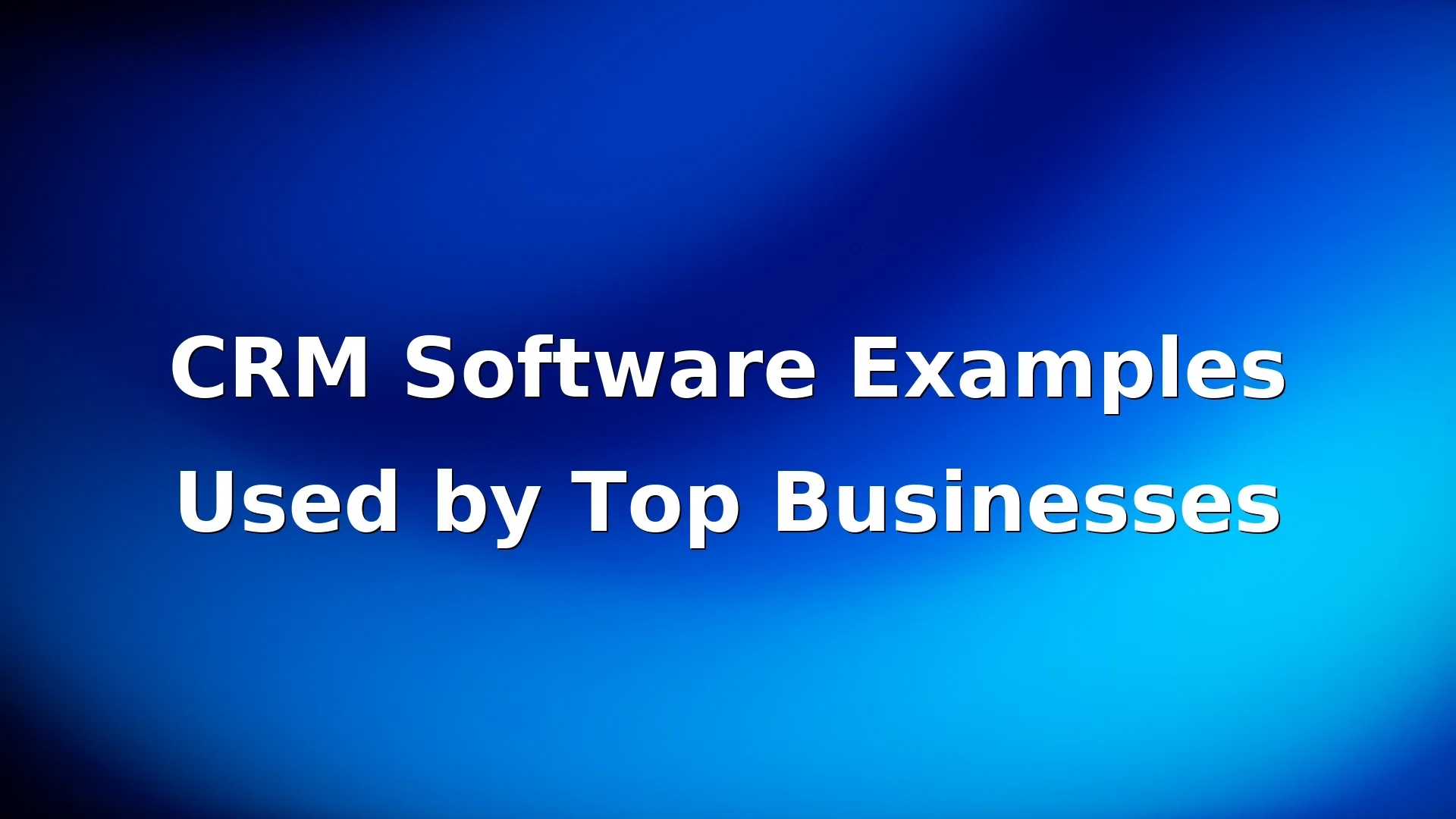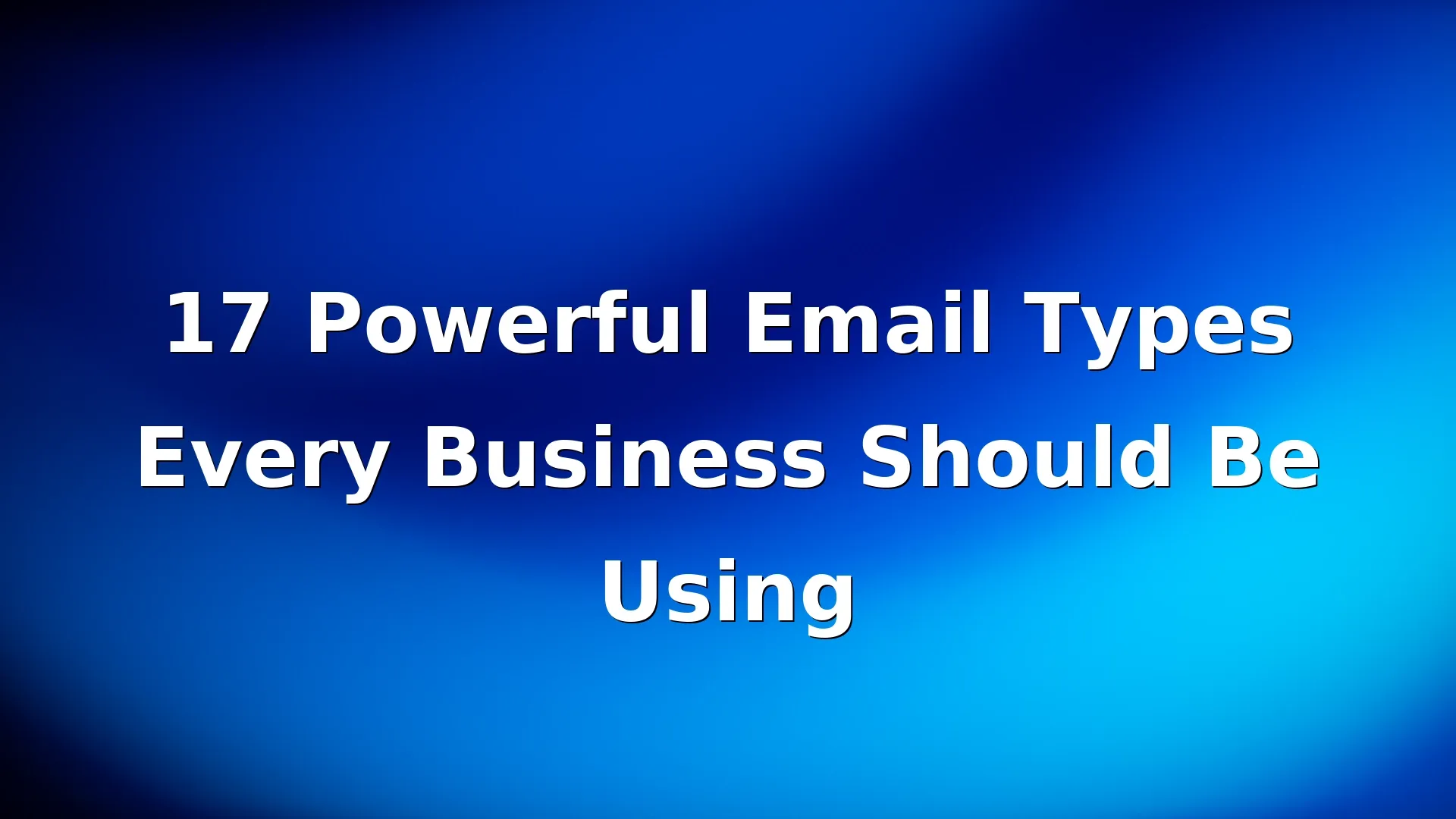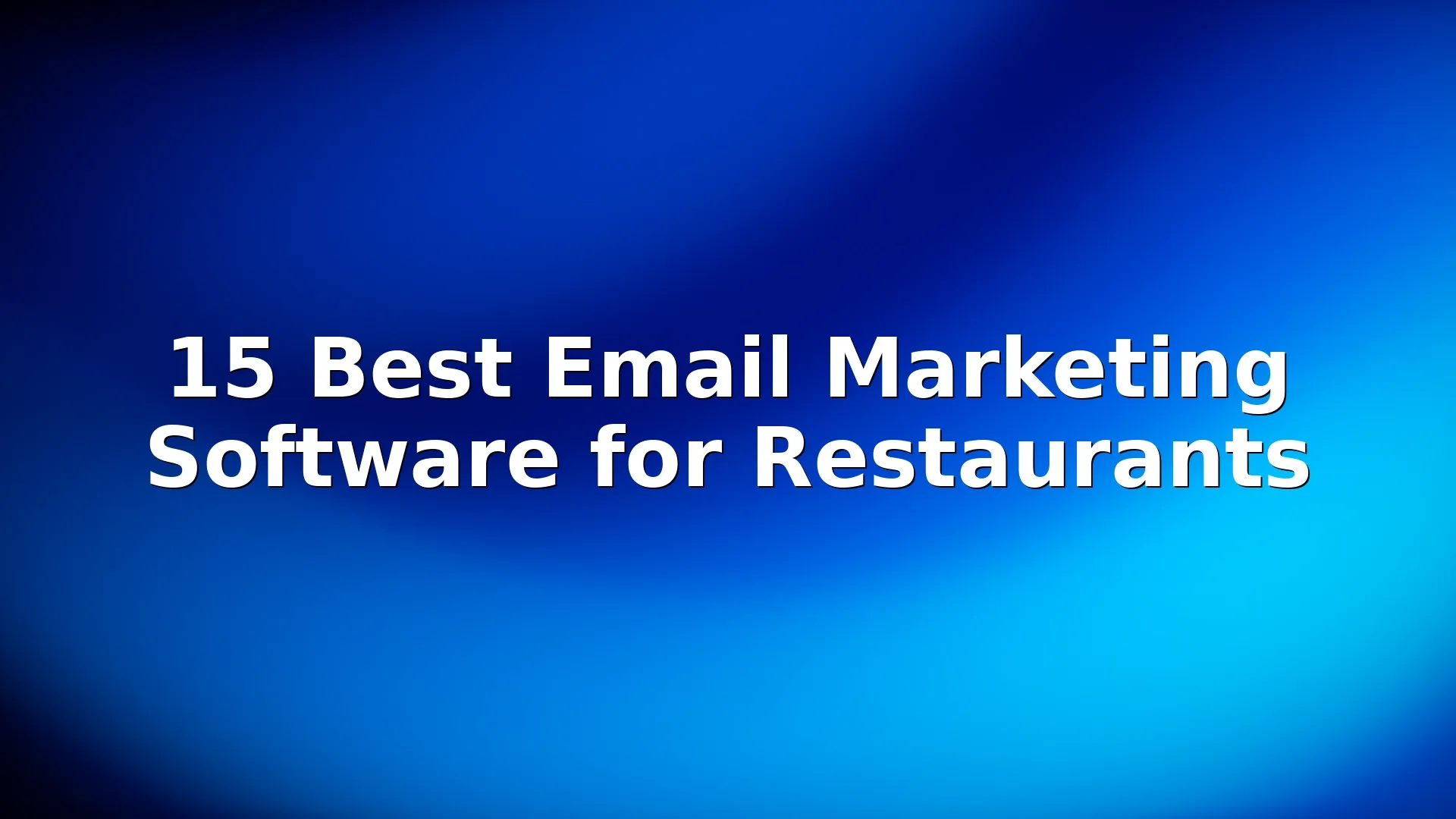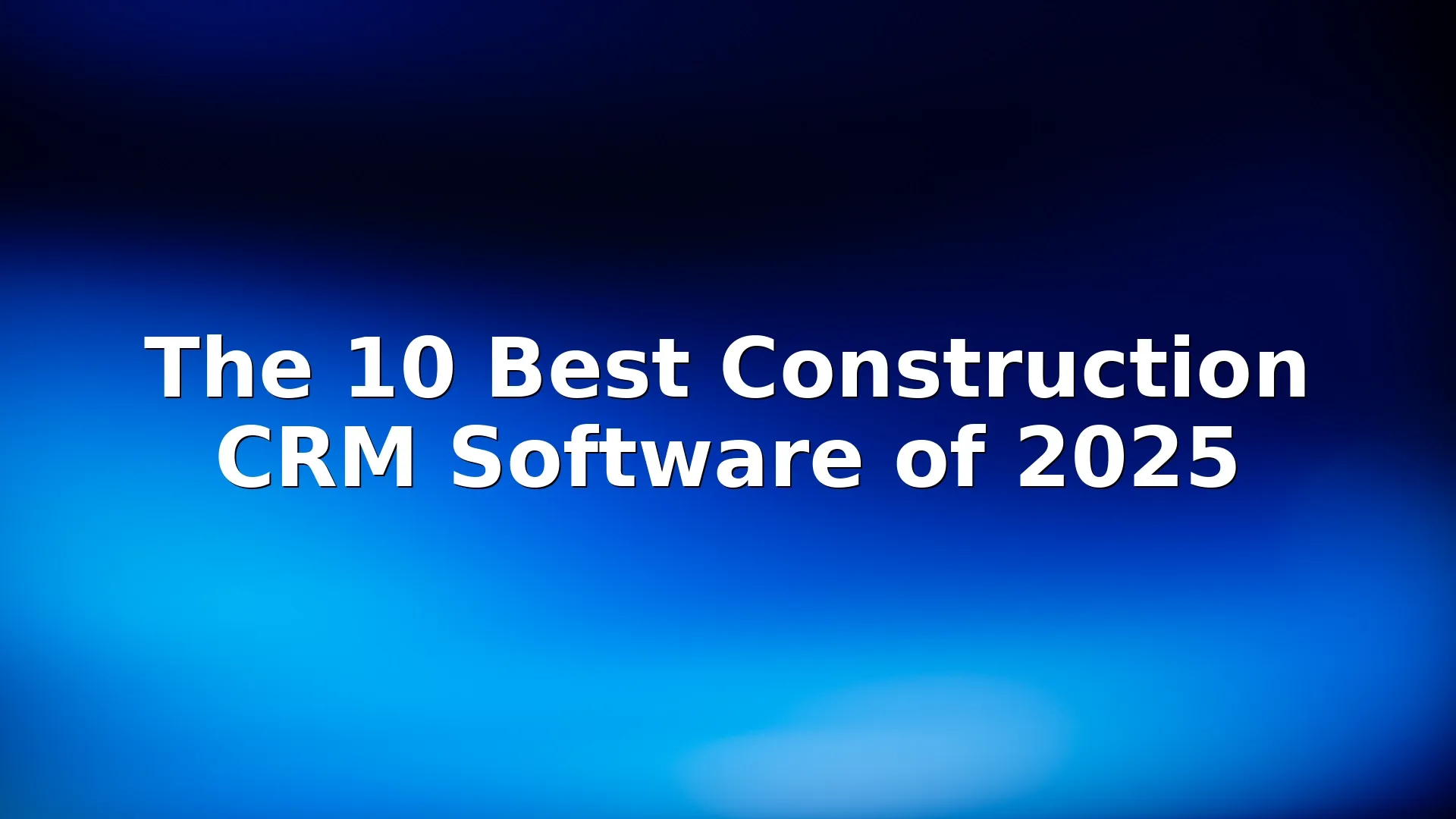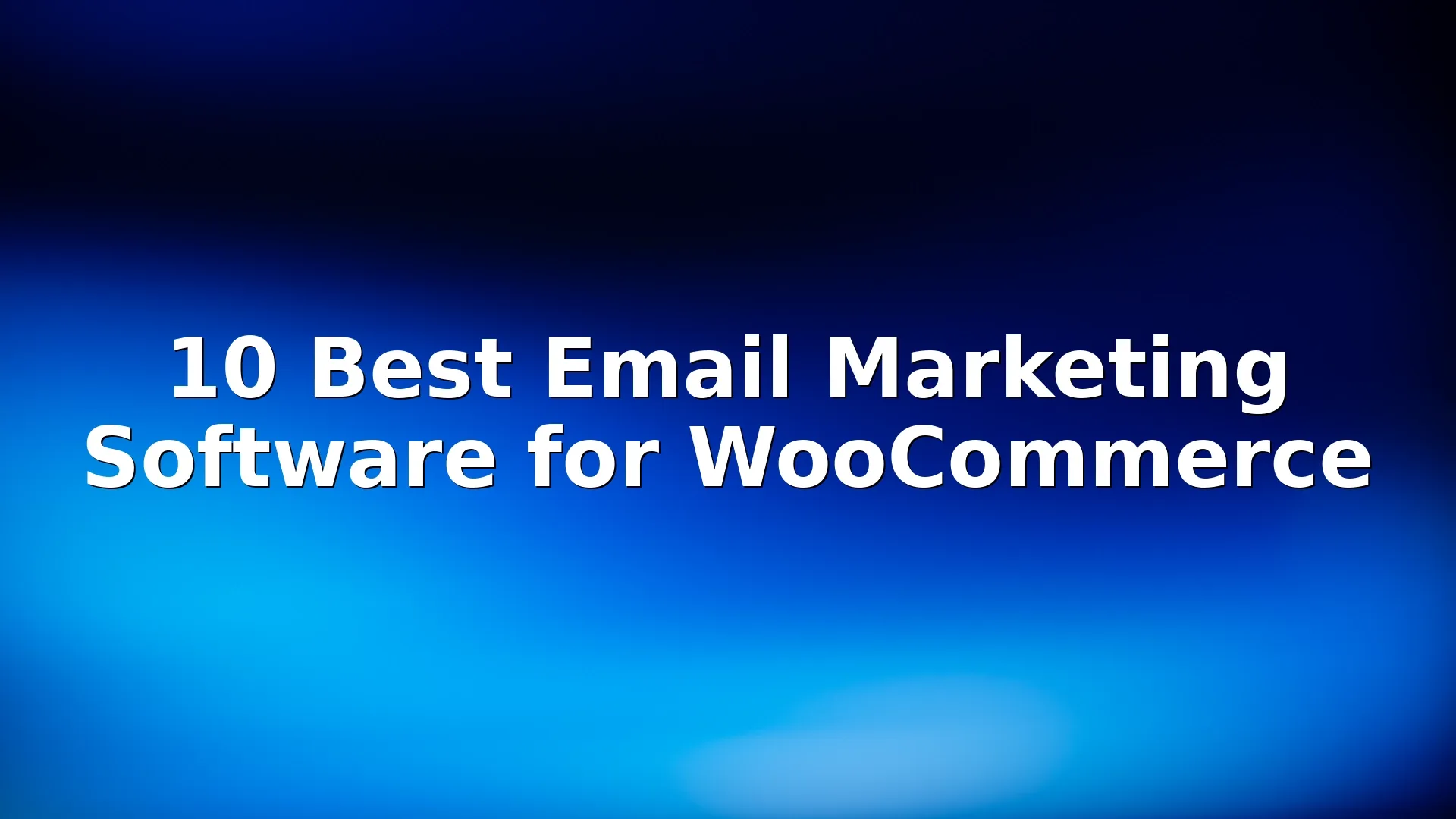In the fast-paced world of customer relationship management, choosing the right solution can make or break your business. That’s why exploring real CRM software examples used by top-performing companies is one of the smartest ways to understand what works and why.
From sales automation to customer insights, these platforms help businesses boost revenue, improve relationships, and scale effectively. Let’s explore ten CRM software examples that are powering some of the world’s most successful brands.
1. Salesforce – The Enterprise Powerhouse
Used by: Amazon, Adidas, American Express
Salesforce dominates the CRM space, especially among large enterprises. It offers advanced tools for sales, marketing automation, service, and analytics all in one place. Its AppExchange marketplace adds powerful integrations, making it a go-to for complex business ecosystems.
2. HubSpot CRM – All-in-One for SMBs
Used by: Atlassian, Trello, Doordash
HubSpot CRM is popular for small to medium-sized businesses looking for a free, easy-to-use, all-in-one platform. It combines marketing, sales, and customer service features, and is particularly effective for inbound marketing campaigns.
3. Zoho CRM – Affordable and Scalable
Used by: Amazon India, Bose, Netflix (regional teams)
Zoho CRM is known for its affordability and flexibility. It supports multichannel communication, AI-powered predictions, and robust analytics making it ideal for startups and growing teams.
4. Microsoft Dynamics 365 – Seamless with Microsoft Tools
Used by: HP, Coca-Cola, BMW
If your team is heavily embedded in the Microsoft ecosystem (Excel, Teams, Outlook), Dynamics 365 offers seamless CRM integration. It’s built for large businesses needing customizable modules and deep data insights.
5. Pipedrive – Sales-Focused CRM
Used by: Vimeo, Amazon (small sales teams), Remax
Pipedrive is tailored for sales professionals. Its pipeline-centric design helps reps visualize, manage, and close deals faster. Automation and performance tracking make it a favorite among growing sales teams.
6. Freshsales by Freshworks – AI-Powered Simplicity
Used by: Klarna, Bridgestone, Blue Nile
Freshsales offers a clean interface, AI-led scoring, and integrated communication tools. It’s great for businesses seeking a modern CRM with automation features minus the complexity.
7. Insightly – CRM with Project Management
Used by: Bosch, Bloomberg, Sanofi
Insightly bridges CRM with project delivery. It’s a top choice for service-based companies that need to manage both sales pipelines and post-sale project execution in one platform.
8. Monday.com CRM – Custom Workflows
Used by: Hulu, Canva, Deezer
Monday.com has expanded from task management into customizable CRM. Its visual workflow builder and automation features are perfect for teams wanting to tailor their CRM without code.
9. Nimble – Social CRM for Small Teams
Used by: Upwork freelancers, SMB digital agencies
Nimble integrates social media, emails, and contact data to help small teams and solopreneurs build relationships. It’s lightweight and perfect for those focused on networking and client nurturing.
10. Close – Built for Remote Sales Teams
Used by: Segment, ZipRecruiter, Toast
Close is made specifically for inside sales teams. With built-in calling, emailing, and SMS capabilities, it supports fast, high-volume outreach making it ideal for SaaS companies and tech sales teams.
Conclusion
These CRM software examples show that whether you’re a solopreneur or a Fortune 500 enterprise, there’s a CRM built for your business model and goals. By choosing the right tool, you can streamline operations, increase customer satisfaction, and drive revenue. Explore the platforms above and find the one that fits your company’s needs best.
FAQs about CRM Software Examples
What is CRM software used for?
CRM (Customer Relationship Management) software is used to manage interactions with current and potential customers. It helps businesses organize contact information, track leads, automate workflows, and improve customer service.
Which CRM is best for small businesses?
HubSpot CRM and Zoho CRM are two of the most popular choices for small businesses because of their affordability, ease of use, and wide range of features.
Can CRM software integrate with other tools?
Yes, most CRM tools offer integrations with marketing platforms, email services, e-commerce tools, and productivity apps like Slack, Gmail, and Zapier.
Do all companies need CRM software?
While not every business needs a CRM, most companies benefit from using one once they begin scaling. It helps centralize customer data, improve communication, and increase operational efficiency.

